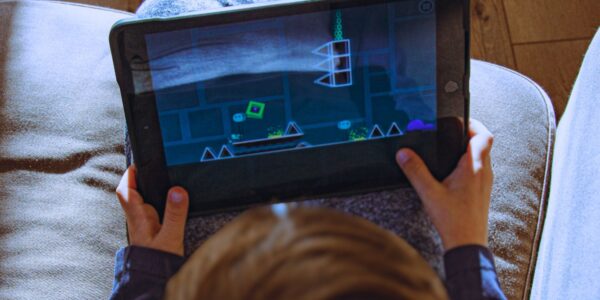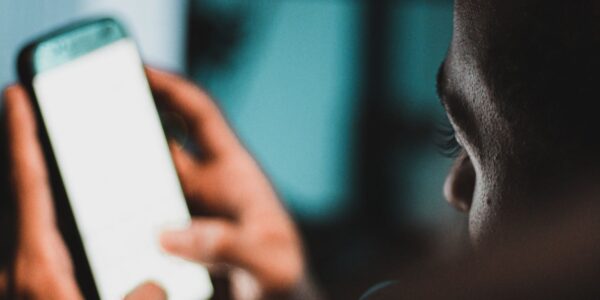Trusting your gut can be tricky when you’re prone to anxiousness, as it can often make it tough to decipher whether the feeling is anxiety or your intuition kicking in. Those nagging feelings we all experience might be your instincts or could also be your anxious brain playing tricks on you.
“When you are prone to anxiety, both mental and physical, the problem is that you really can’t ‘trust your gut,'” psychotherapist Melissa Weinberg told Bustle. “The difference between anxiety symptoms and gut reactions becomes very blurry.”
Instinctive feelings are often described as butterflies in your stomach or a feeling that won’t leave you. But, these are also symptoms synonymous with anxiety, so how are you able to differentiate between the two?
Anxiety is often louder than intuition
According to experts, intuition is a much more subtle feeling while anxiety is often loud and at times, can feel unbearable. Intuition, on the other hand, usually doesn’t feel as demanding as anxiety does.
“Intuition comes from a calm and mindful state that is not emotional and is therefore objective to the energy or messages that come through,” clairvoyant Catharine Allan wrote for mbg. “Anxiety is a screaming, vibrating, unbalanced force; it sends people into a state where they have a racing heart and jangled nerves.”
Anxiety is accompanied by physical symptoms
Anxiety often manifests physically through sweating, stomach pains, shaking or trembling, a pounding heart and shortness of breath. While intuition might feel like butterflies in your stomach, it doesn’t really include feelings that can overwhelm you as anxiety can.
If you’re having a physical response, chances are you’re experiencing anxiety rather than a flash of intuition, which is usually more nuanced. In his book, Blink, Malcolm Gladwell describes the feeling of intuition as “a gentle inkling, a fleeting answer that happens in an instant,” which feels in complete opposition to anxiety.
Intuition focuses on the present while anxiety looks to the future
Another difference between the two feelings is the time period they concern. For example, intuition often deals in the present while anxiety is usually concerned with the future, or the past.
“Intuitive thoughts focus on the present, and they tend to feel neutral or calm,” says Next Step Counseling. “Anxious thoughts relate to the past and future, and carry a sense of dread and nervousness.”
While telling the two feelings apart can be hard, it isn’t impossible. To do so, allow the feeling to pass and once it has, try to nail down the source.
“When anxiety or fear is being triggered, there’s an overwhelming swirl of thoughts and emotions,” says Next Step Counseling. “So, give yourself a break, and take a moment to pause. Breathe. Allow immediate reactionary thoughts to settle, and the uncomfortable emotions to simmer down.
“Once you allow yourself stillness, you can start the process of untangling your anxiety from your thoughts versus your intuition. Intuition can be quiet, compared to thoughts, and it needs your trust.”
If you or anyone you know is struggling and needs support, call Kids Helpline on 1800 55 1800 or Lifeline on 13 11 14, both of which provide trained counsellors you can talk with 24/7. You can also speak with someone confidentially at Headspace by calling 1800 650 890 or chat online here.







